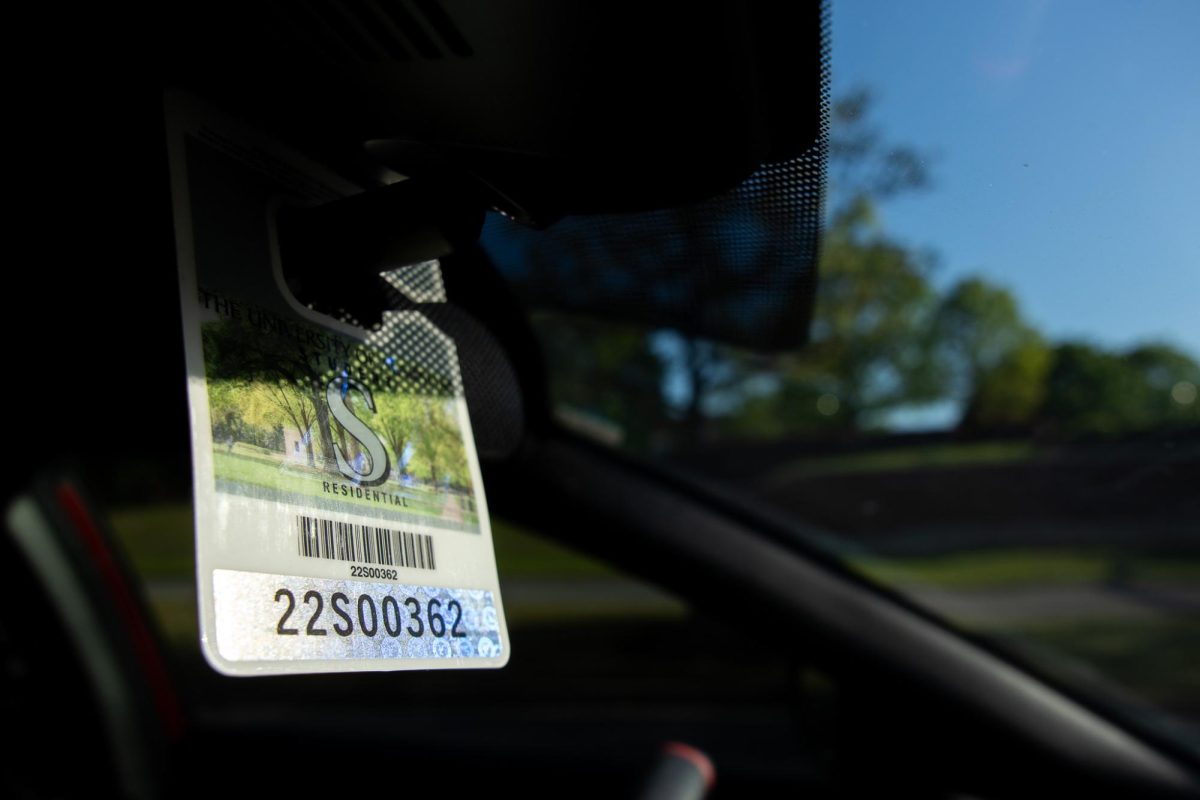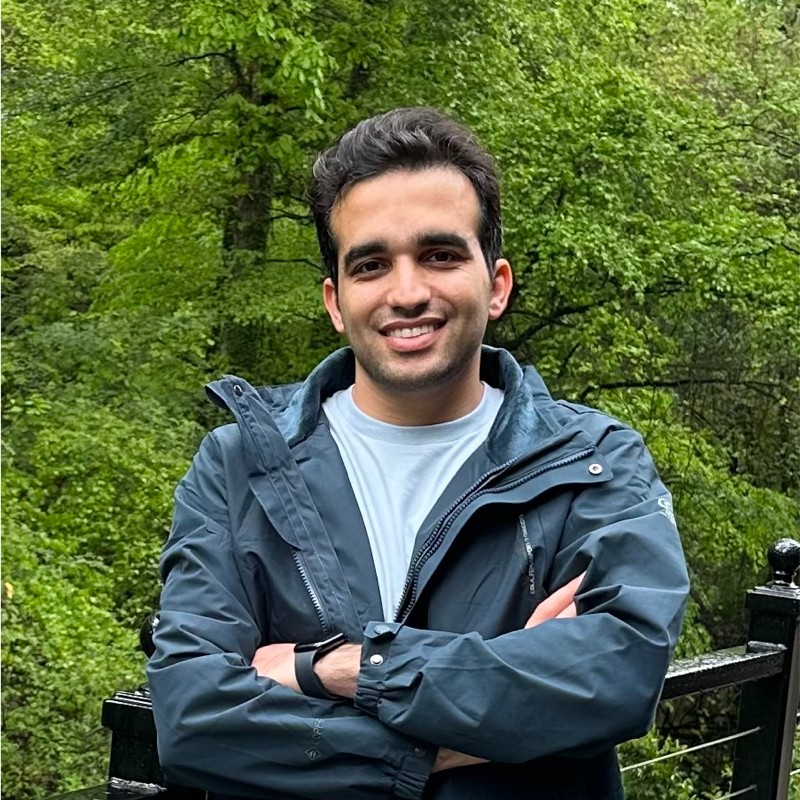In a recent settlement over criminal charges regarding the 2010 oil spill, British Petroleum agreed to pay more than $4 billion over the next five years.
“BP’s agreement with the U.S. Department of Justice to pay $4 billion to settle criminal charges represents the largest criminal payment in American history,” William Andreen, a UA environmental law professor, said. “The settlement resulted from BP’s agreement to plead guilty to 14 criminal counts: eleven felony counts for misconduct or neglect by ships’ officers; one felony count for lying to Congress; one misdemeanor count under the Migratory Bird Treaty Act; and one misdemeanor count under the Clean Water Act.”
Of the $4 billion, Alabama will be receiving approximately $335 million, or a little less than 10 percent, however the money will not be given to local or state government, but will be given to the National Fish and Wildlife Foundation to be spent on environmental projects and recovery on Alabama’s Gulf coast.
“The Foundation will work collaboratively with the states involved as well as with private stakeholders in order to spend these sums to remedy harm and eliminate or reduce the risk of future harm to the natural resources of the Gulf,” Andreen said.
Andreen said BP may still pay out billions of dollars in settlements of civil suits that have been brought against them, and could be liable for up to $20 billion dollars under the Clean Water Act.
Under the Restore Act that was passed by Congress last year, much of the money would go directly to the communities and states affected by the disaster.
Karen Boykin, assistant director of the Center for Green Manufacturing, said at the University, the current effects of the oil spill are now largely economic, although there are certainly still environmental concerns.
“The University and others have a number of on-going environmental research projects that are examining impacts on the ecosystems, ranging from sources for seafood, wetlands, etc,” Boykin said. “In the CGM, we use the sustainability triangle principle – Balancing People (Local Societies/Governmental), Place (Environmental), and Profit (Industry) for sustainable communities.
“We hope for UA that the BP award distribution will of course include monies to continue long term research studies of the environmental, social, and economic impacts.”
To Andreen, the settlement is a wonderful step forward in the process of recovery.
“I personally believe that this is a marvelous outcome, and I have every confidence that the Foundation will use these funds in an effective manner based on the best available science,” Andreen said. “The settlement agreement also provided for a number of steps to enhance the safety of BP’s operations in the Gulf of Mexico. These steps include third-party auditing and verification, training, blowout preventers, cementing of wells, and the development of new safety technology.”
For Graham Byrd, a sophomore majoring in engineering, the payout seemed like a fair settlement for the criminal trial but is not comparable to the amount of damage that the region has suffered.
“The lives and ecosystems destroyed by the spill can never be given a price.”








